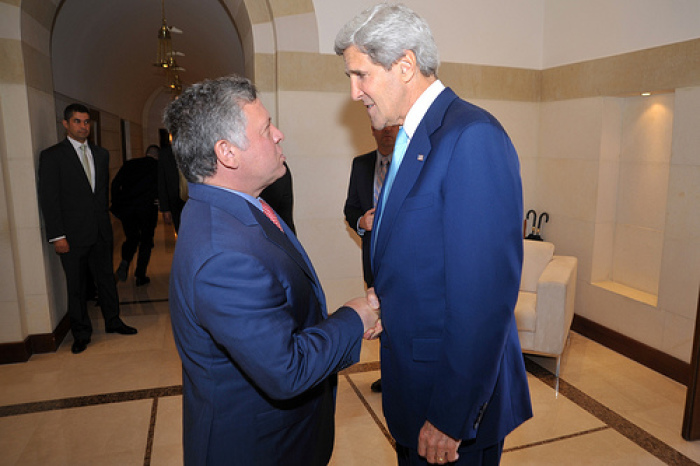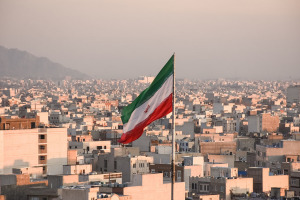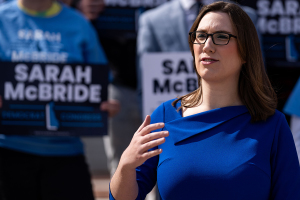King of Jordan Hosts Conference to Protect Persecuted Middle East Christians, 'Preserve Historical Arab Christian Identity'
A two day conference addressing the current instability of the Middle East's Christians population has concluded in Amman, Jordan Wednesday. Jordan's King Abdullah and the King's Chief Advisor for Religious and Cultural Affairs, Prince Ghazi bin Muhammad, convened the event in response to the intense wave of violence that Christians, especially those in Syria and Egypt, have faced in recent months.

"[The Royal Family of Jordan] wants to gather opinions and information because they want to offer a concrete contribution to the solution of the problems regarding the plight of so many indigenous Christian communities in the Middle East," Archbishop Maroun Laham told Fides Agency.
The conference's two hosts and keynote speakers addressed how Christians are being increasingly marginalized, and how they have been left vulnerable since the Arab Spring. They also discussed the urgent need for Christians to be legitimately accepted by the rest of the Arab world.
King Abdullah stressed to participants that "Arab Christians have had a key role in building the Arab society and in the defense of our nation" that their protection was "not a matter of courtesy, but a duty," The Vatican Radio reported.
Further, the ruler also argued that the current violent and divisive climate of the Middle East mandated that Muslims and Christians work with each other. The King identified Arab Christians as particularly "able to understand more than anyone else Islam and its true values…which preaches tolerance and moderation and rejects extremism and isolationism."
The King expressed his own support for Christianity, basing it on the commonalities he found between the faith and his own.
"We support every effort to preserve the historical Arab Christian identity, and safeguard the right to worship freely, based on a rule in both the Christian and Islamic faiths that underlines love of God and love of neighbor, as embodied in the "A Common Word" initiative," he said.
"Arab Christians are suffering not only because of the blind and deaf sedition that everyone has suffered from in certain Arab countries since the beginning of what is incorrectly called the Arab Spring, but also merely because they are Christians," Prince Ghazi told conference attendees.
Dozens of religious leaders from the region discussed the challenges currently facing Christians in Egypt, Iraq, Lebanon, Syria, Palestine, and Jordan, including kidnapping, violence, and the vandalism and destruction of their institutions. Leaders also shared their concerns about the future of the region's Christian population in light of the increasing numbers of Christians fleeing the region to protect themselves and their families.
While the Pope, who met personally with King Abdullah in a meeting last week, did not attend the conference, he sent several delegates on his behalf.
Archbishop Giorgio Lingua, a Vatican representative was surprised and encouraged to hear the conference's Muslim participants recognize Christians as Arabs and accept the idea "that Christians are not guests or second class citizens."
"More than tolerance, we must stress citizenship," he added, reiterating a value that former Pope Benedict XVI had stressed during his papacy. In a visit to Lebanon in 2012, Benedict argued that Christians must enjoy "full citizenship" that entitled them to religious freedom and the ability to worship as they pleased "without [endangering] one's life."
Lingua also noted that many Christians were discouraged by recent suggestions of international military intervention in Syria.
"Many of them were asking to the foreign countries not to interfere in the political affairs of the countries of this region," the Archbishop said. "They are calling for a dialogue and if the international community can do something, it is to promote dialogue and reconciliation instead of military intervention."




























